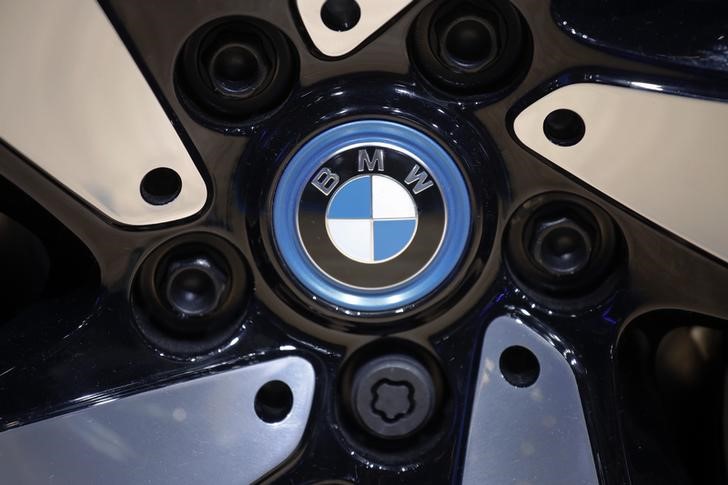BofA: Investors pour into bonds, pull back from crypto
Investing.com -- Shares of BMW (ETR: ETR:BMWG) fell on Friday after the company reported an 8.4% revenue decline to €142.4 billion in 2024, highlighting profitability challenges.
The automaker of Friday said that factors such as lower automotive sales volumes, pricing pressures, and external headwinds like tariffs and decreased Chinese demand contributed to the company’s financial results.
Profitability suffered as the company reported a 37.7% drop in profit before financial results, falling from €18.5 billion in 2023 to €11.5 billion in 2024. The overall profit before tax stood at €10.97 billion, down 35.8% from the previous year.
The EBIT margin in the automotive segment declined to 6.1%, a drop of two percentage points. These figures highlight the financial strain caused by macroeconomic factors and shifting global trade policies.
Tariffs played a major role in BMW’s declining earnings. The European Union’s anti-subsidy tariffs on electric vehicles from China are projected to have a mid-three-digit million-euro impact on the company’s financial results in 2025.
Additionally, new U.S. tariffs, including a 20% tariff on all imports from China and a 10% duty imposed by Beijing on imported vehicles with engine sizes over 2.5 liters, have further weighed on BMW’s outlook.
"We see some risk of confusion on guidance as it includes non-specified impact of tariffs in place until March 12 (we assume steel/alum and USMCA non-compliance could account to 100bps in reference to MBG comments," said analysts at Jefferies in a note.
These trade barriers have led to higher costs for components and disrupted production planning, particularly for models exported from the U.S. to China.
China remains a weak point in BMW’s global sales performance. Despite overall market growth in China, the company saw declining demand in the premium segment, where it competes.
Rising competition from domestic electric vehicle manufacturers and reduced consumer spending in high-end automotive categories contributed to BMW’s underperformance in the region.
While the company benefited from moderate growth in European markets, driven by stricter emissions regulations favoring electrified models, this was not enough to offset the downturn in China.
Electric vehicle sales showed modest growth, with BMW reporting a slight increase in the share of fully electric models within total deliveries.
However, the financial impact of shifting to EV production remains a challenge, as margins on ’electric models are still lower compared to traditional combustion engine vehicles.
"Auto margins guided in the 5-7% range, in line with our expectation and compatible with consensus, but below the expected 6-8% range, in a still weak transition year," said analysts at Morgan Stanley (NYSE:MS) in a note.
BMW’s strategic push toward electrification continues with new model launches planned for 2025, but it remains to be seen whether this will provide the financial uplift needed to counterbalance other market pressures.
BMW anticipates a slight increase in deliveries for 2025, largely due to the full availability of new models.
